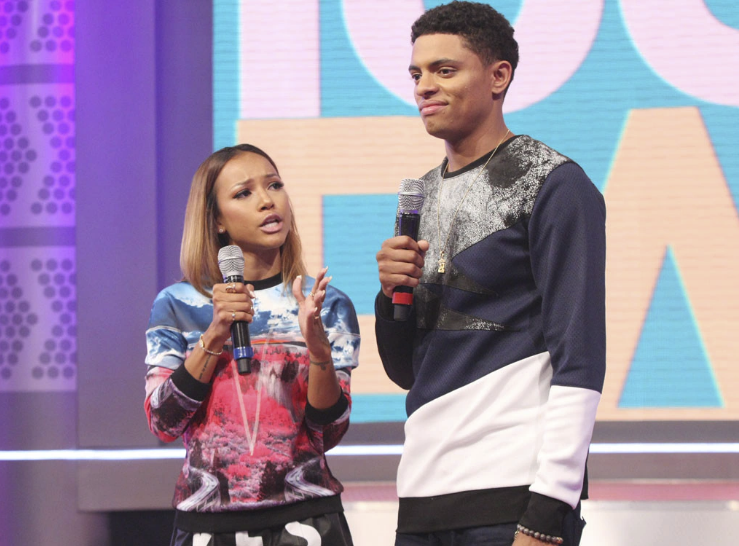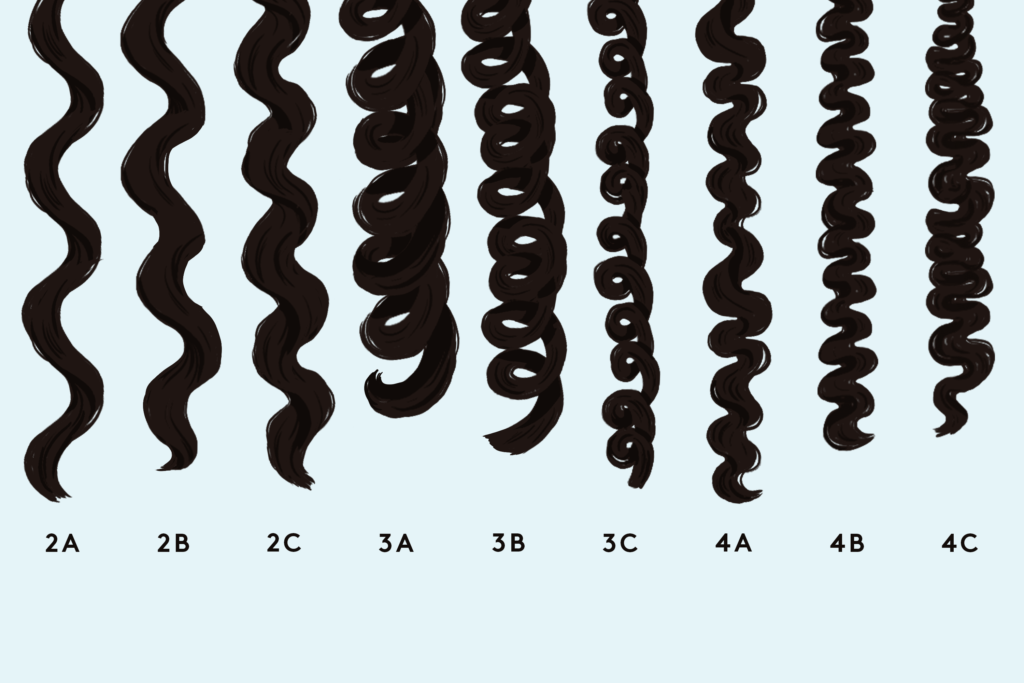Much like colorism, a form of discrimination which favors those with lighter skin than those with darker skin, texturism has become a growing concern among Black women who feel that looser curl patterns are more admired than tighter coils, reads a recent report.
Although a fairly new term, texturism has existed for centuries in the Black community and has become embedded as part of thoughts that a Eurocentric standards of beauty are more accepted.
“Texturism can be thought of as the discrimination faced by those with coarser and more Afro-textured hair,” according to a Forbes report. “Texturism is based on the premise that hair textures closer to white are more acceptable.”
This especially holds true in Hollywood, including the time Gabrielle Union was told her hair was “too Black” for America’s Got Talent and the time BET received backlash for poking fun at Beyoncé’s daughter’s hair during a segment listing things Blue Ivy thought about during the 2014 MTV Video Music Awards.
“I really did wake up like this because my parents didn’t comb my hair,” said rotating co-host Karrueche Tran during an episode of the now-defunct show 106 & Park. “Sorry, Blue! I love you!”

Some believe the newly-discovered hair scale (which rates hair textures from 1A-4C) propagates texturism. The scale was discovered by Oprah Winfrey’s hair stylist, Andre Walker, an originally attempted to promote his hair products. The scale is broken down into four categories: : 1A-1C textures are considered “straight” 2A-2C textures are considered “wavy,” 3A-3C textures are considered “curly” and 4A-4c textures are considered “kinky.”

“Kinky hair can have limited styling options; that’s the only hair type that I suggest altering with professional relaxing,” he said in the interview. Her remarks were considered disparaging by many in the natural hair community, who felt his remarks and hair scale “perpetuates texturism.”
Many in the natural hair community saw this as encouraging the longstanding negative connotation against coarser hair types and that helped to perpetuate texturism.
Additionally, some critics argue that salons that charge extra to style coarser hair styles can spread texturism. The instances are endless, but as a report reads, “texturism won’t end in the Black community until we learn to give praise to all hair types, without any stipulation.”
